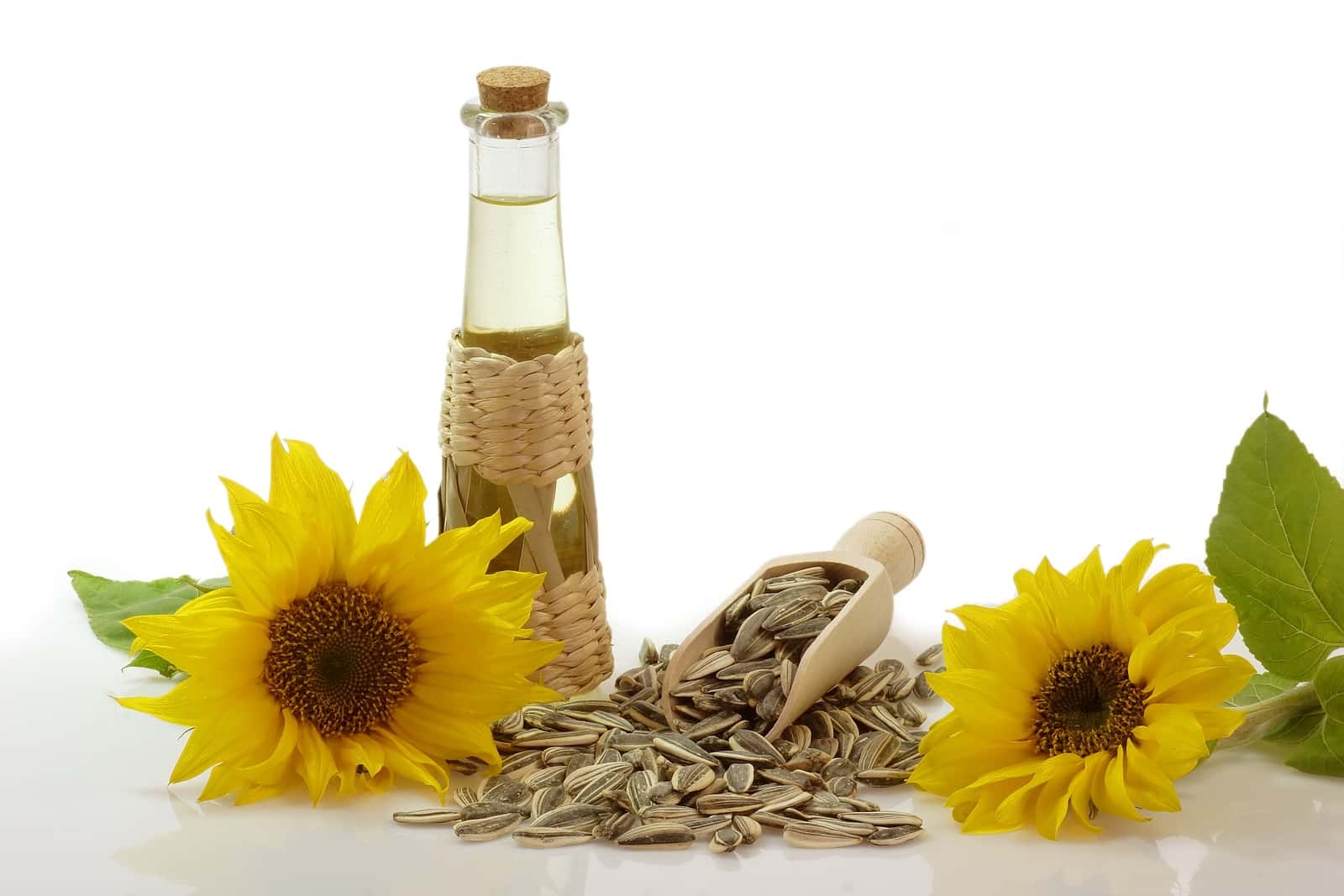
For decades, nutrition experts urged Americans to substitute vegetable oil (aka seed oil) for saturated fats such as butter and lard. They assumed that polyunsaturated fatty acids (PUFAs) found in oils such as safflower and corn would lower cholesterol and help prevent heart disease. Over the last several years, though, scientists have found that which polyunsaturated fatty acids you consume can make a big difference. The debate, as we outline below, has many people confused.
Is Avocado Oil Better?
Q. I have been avoiding seed oils because of the way they are processed. In my opinion, our bodies are unable to use them in a beneficial way. I am really interested in avocado oil and would like to know if it is better than seed oils. Is that just hype?
Can you tell me if there is “good” or “bad” avocado oil depending on how it is processed?
A. We ourselves like to use avocado oil for high-heat cooking such as stir-fries. We consulted ConsumerLab.com to find the best choice, which is Chosen Foods. That is a refined oil. We don’t know if extra virgin avocado oils, such as CalPure, are appropriate for high-heat frying. They have a smoke point somewhat lower than refined avocado oil.
When Omega 6 Fats Outweigh Omega 3 Fats:
Understanding objections to vegetable oil requires us to consider the different effects of PUFAs. Polyunsaturated fatty acids come in two main varieties: omega 6 and omega 3 fats. Throughout most of human evolution, hunters and gatherers or early farmers consumed diets with an approximate ratio of 1:1 between these two types of fats (International Journal of Molecular Sciences, July 2021). Increasing reliance on modern food processing techniques has resulted in a preponderance of omega-6 rich vegetable oils in our diets. For some populations, the ratio of omega 6 to omega 3 is as high as 15 or 20 to 1. Most of the omega 6 fatty acids come from seed oils.
Why This Ratio Matters:
A new study adds to the evidence that a diet heavy in omega 6 fats from corn, soy, sunflower, safflower or sesame seeds can be dangerous. These varieties of vegetable oil are quite widespread in our food supply. Omega 3 fats, on the other hand, come from fish (especially oily fish) and from certain seeds such as chia, walnuts or flaxseeds. The ratio between omega 3 fats to omega 6 fats seems to be quite important for survival. You can learn more about the risks of vegetable oils if you listen to Show 1420: The Cooking Oil Controversy Spotlights Cancer.
Outcomes of High Omega 6 Intake Relative to Omega 3:
The researchers analyzed data from more than 85,000 middle-aged adults participating in the UK Biobank study (eLife, April 5, 2024). Dietary information and blood samples were collected between 2007 and 2010. The scientists then followed the volunteers for an average of 13 years.
During that time, more than 6,000 of the participants died. According to the analysis, those with higher ratios of omega 6 fats to omega 3 fats in their blood were 26% more likely to die prematurely. High ratios of omega 6 to omega 3 fats were also associated with a higher likelihood of cancer or cardiovascular death.
Previous Studies on Vegetable Oil:
We probably should have known that overconsuming omega 6 fats could be risky. Data collected almost 50 years ago showed that increasing the amount of fatty acids from vegetable oil could backfire (BMJ, online, Feb. 5, 2013).
The Sydney Diet Heart Study was a controlled trial carried out between 1966 and 1973. However, scientists did not analyze these data until the 21st century. Apparently, the original records had been set aside and were discovered almost by accident. We do not know if the original investigators ran out of funds or time. Perhaps, on the other hand, they suspected that the results of their research would not be greeted with enthusiasm.
The Australian men in this study had already had one coronary event. Investigators assigned them randomly to maintain their regular diet or to substitute liquid safflower oil and safflower-based margarine for their primary fat. At that time, most Australians in Sydney were using butter. The hypothesis was that safflower margarine would help these high-risk individuals lower their cholesterol and their risk for second heart attacks.
The men who consumed safflower oil instead of butter did lower their cholesterol, but they were at significantly greater risk of death during the study. They were 70% more likely to die of cardiovascular disease and 75% more likely to die of a coronary. The original study had not analyzed heart disease deaths separately by group. These striking results suggest that overloading the diet with polyunsaturated vegetable oil could be counterproductive.
Learn More:
In 2022, we spoke with the leaders of the VITAL trial. This large, carefully-designed study compared fish oil to an unspecified placebo. Although people taking fish oil supplements were no less likely to have cardiovascular problems or cancer, their risk of autoimmune diseases was lower. You can listen to Show 1300: How Vitamin D and Omega-3s Help Your Health.
Citations
- Liput KP et al, "Effects of dietary n–3 and n–6 polyunsaturated fatty acids in inflammation and cancerogenesis." International Journal of Molecular Sciences, July 2021. doi: 10.3390/ijms22136965
- Zhang Y et al, "Higher ratio of plasma omega-6/omega-3 fatty acids is associated with greater risk of all-cause, cancer, and cardiovascular mortality: A population-based cohort study in UK Biobank." eLife, April 5, 2024. https://doi.org/10.7554/eLife.90132.3
- Ramsden CE et al, "Use of dietary linoleic acid for secondary prevention of coronary heart disease and death: evaluation of recovered data from the Sydney Diet Heart Study and updated meta-analysis." BMJ, online, Feb. 5, 2013. doi: https://doi.org/10.1136/bmj.e8707

